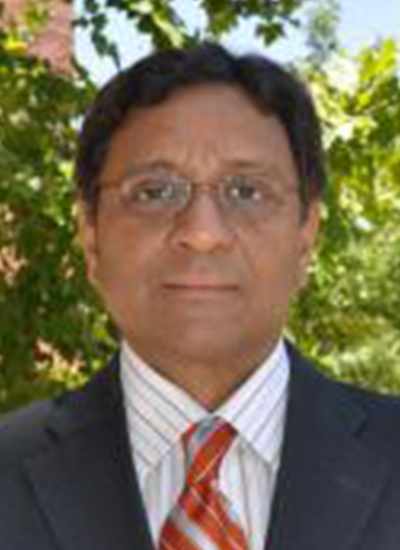Nafees Ahmad
Professor, Immunobiology
Professor, Applied BioSciences - GIDP
Member of the Graduate Faculty
Professor, BIO5 Institute
Primary Department
Department Affiliations
Contact
(520) 626-7022


